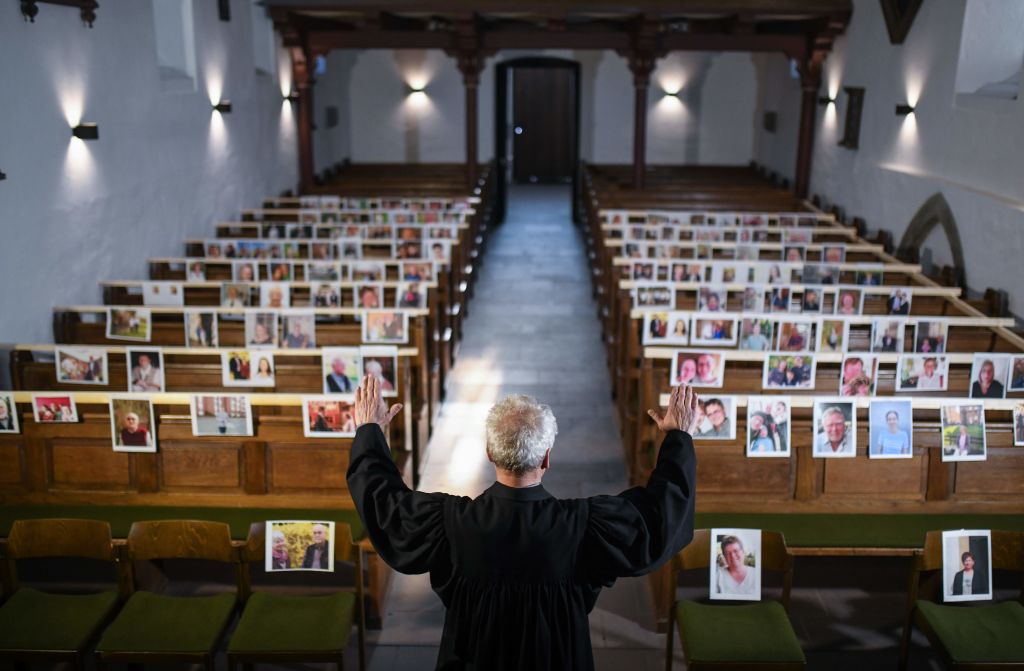The closing of the churches over Easter is an opportunity to think about what church is, and what role it plays in our lives, if any. Plenty of Christians have already written in praise of their worshipping communities, saying how they miss the normal togetherness. My approach is more nuanced. Yes, I too miss going to church. But I also want to be honest: it is not top of the list of my current deprivations. I’m an awkward, semi-detached, leave-before-coffee sort of parishioner. Maybe this odd Easter is a chance to reflect on why.
As a youth I was very into the sort of liberal reformist Protestant theology that is ambivalent about church, seeing most of its forms as too conservative, too nostalgic, as failing to express the radical message of Jesus. And this critical attitude persisted into adulthood, this basic awkward sense that conventional church wasn’t good enough at communicating the Good News to our culture. For a while I wondered if Christian culture could reject institutionalism altogether, and become a series of events, festivals, new rituals, arty happenings.
In recent years I have become more positive about conventional institutional church, especially the worship at its heart, the liturgy. But I still feel a lot of ambiguity about the culture of church. Why? I suppose there are various factors including my sloth and pride. The underlying issue is that church seldom feels a place of dynamism, energy, cultural oomph. A place where exciting new things might be possible.
Saying so feels impious, as if I’m judging church by secular standards. But I think I am voicing an unease known to many Christians. And we should sometimes be frank about this. Though it is possible to find a local church that feels authentic, friendly, inclusive, it is unlikely that it will feel like a strong culture, buzzing with vitality. I’m mainly talking about a problem in liberal Christian culture: the more conservative churches derive a sort of energy from their defiance of secular culture.
I don’t have a slick solution – I just feel inclined to be honest about this large vague problem, that the religion I accept as true takes the form of a culture that feels rather weak. Is this how it’s meant to be? Part of the self-emptying weakness of the cross? I don’t know. But I think it needs facing up to. And why shouldn’t we sometimes express baffled pain at the fact? No, we’re not persecuted. But there is a sort of suffering in our cultural weakness. And yes, I know, a strong Christian culture would be bursting with problems and demons. But still, there’s no harm in acknowledging our awkward predicament.
So let’s use this difficult lull, this enforced spell in the wilderness, to step back and admit that Christian culture, especially its broadly liberal wing, needs some fresh ideas. Instead of just saying how much we value the normal life of the church community, let’s take some time to try to imagine new possibilities. Let’s be more honest, and bolder. More honest that church worship has limited power to communicate the gospel to outsiders. And bolder in developing ideas that might help open the church to the world around it, such as community building, hosting local arts events, taking church ritual beyond church walls. And trying new things. For example, I have made some art works for my church and I recently found out that a fellow parishioner is very interested in puppets (I don’t always leave before coffee) – so we’re planning an alternative service using puppets – or, as I prefer, kinetic sculptures. It might not lead to a major religious revival, but who knows what else will. We need to think bold, and start small – and start soon, God willing. Happy Easter!







Comments